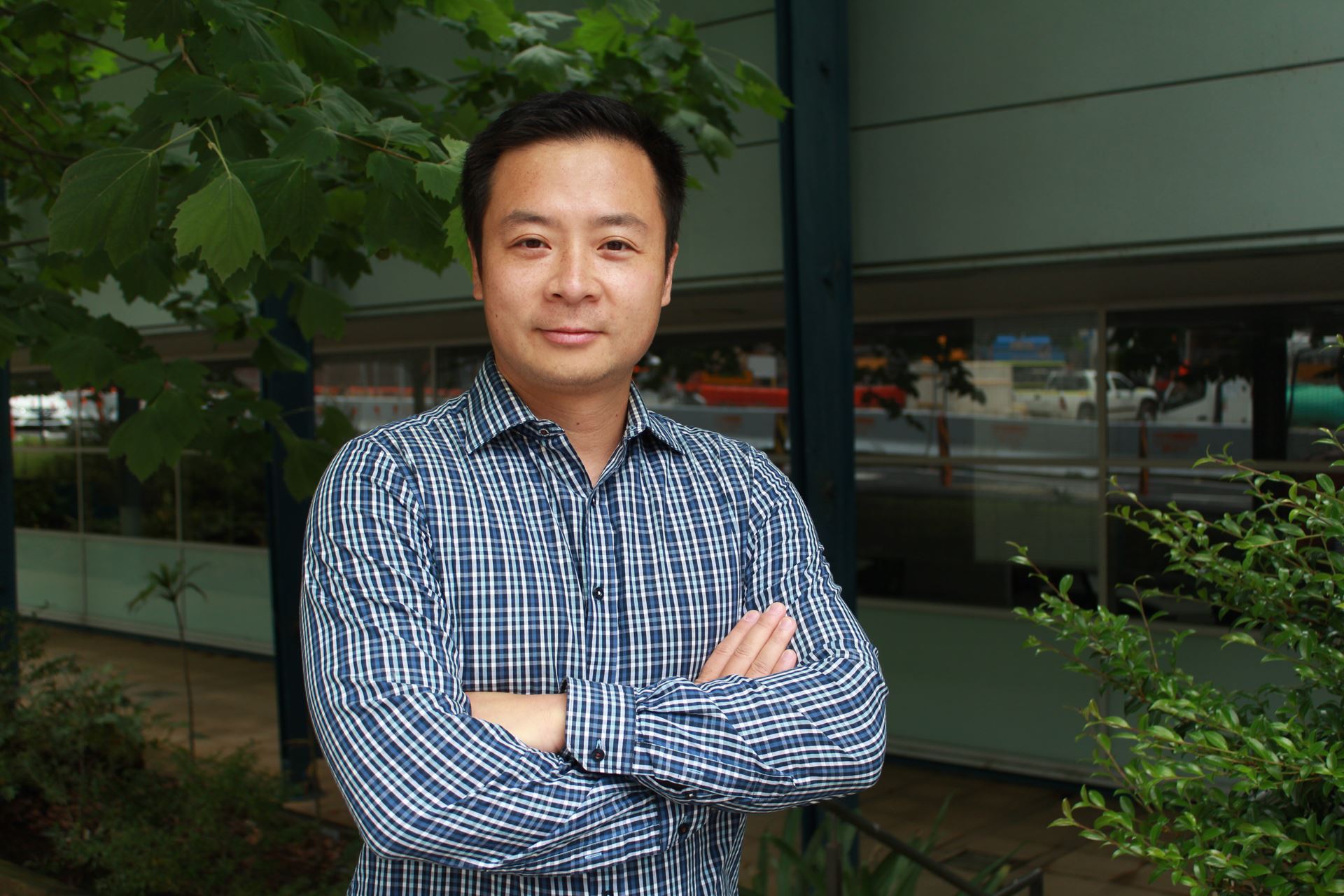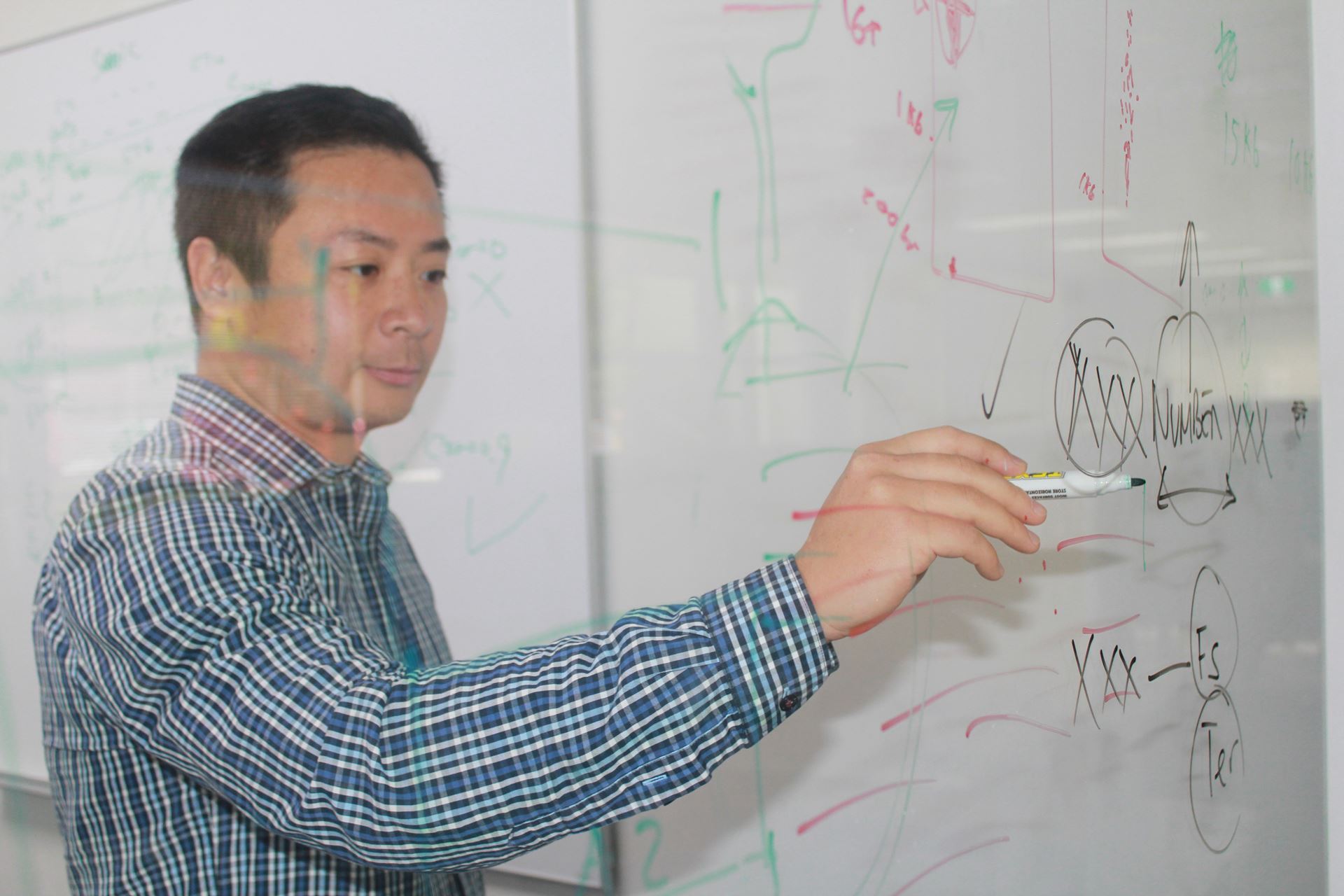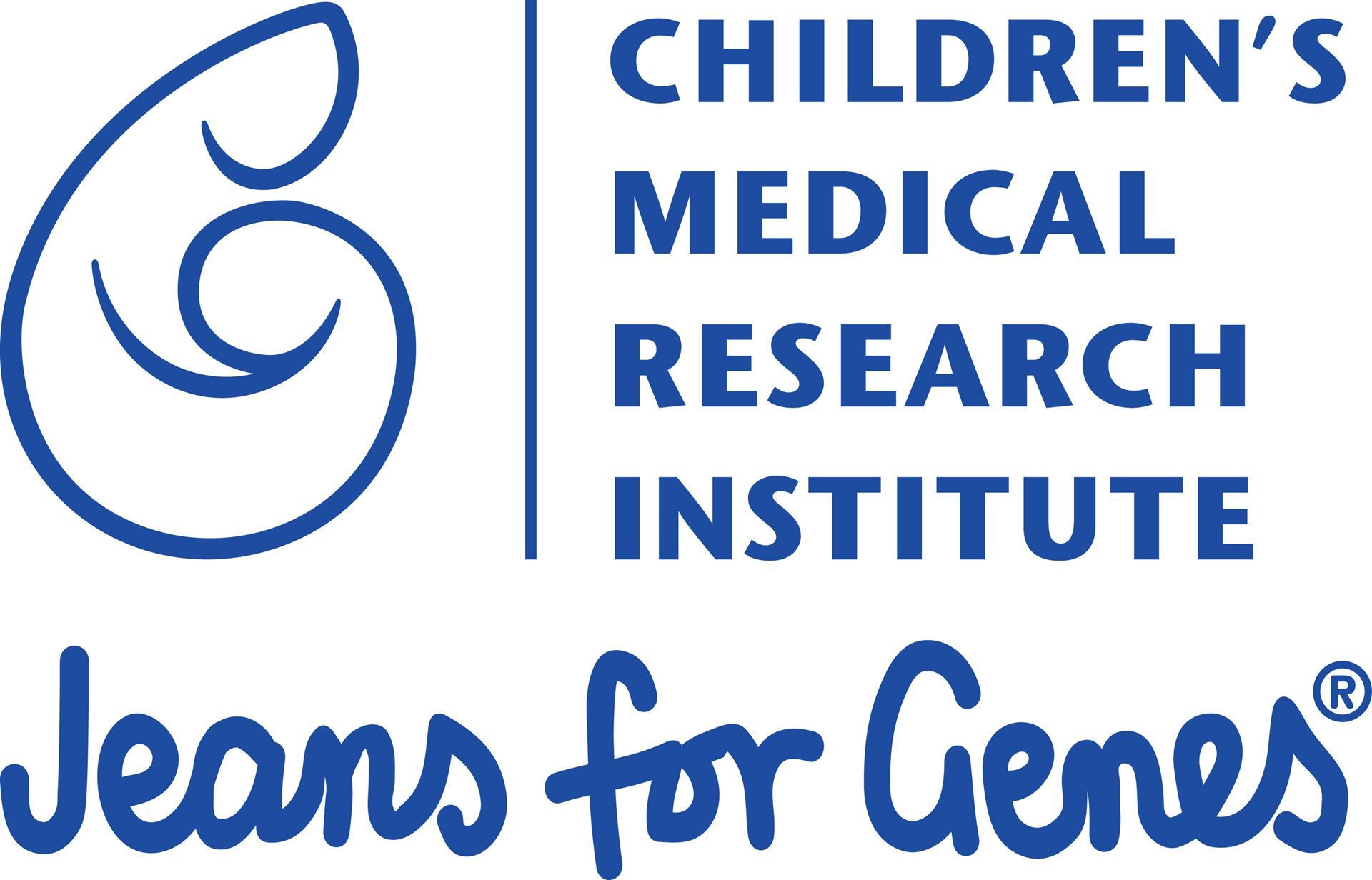
Children’s Medical Research Institute scientist, Dr Pengyi Yang has won the prestigious Metcalf Prize for Stem Cell Research for his vision of using precise computational methods to advance regenerative medicine.
Dr Yang is Head of the Computational Systems Biology Group at Children’s Medical Research Institute (CMRI) in Westmead, and Head of the Computational Trans-Regulatory Biology Group at the Charles Perkins Centre and Senior Lecturer at the School of Mathematics and Statistics at the University of Sydney.
On November 15 the National Stem Cell Foundation of Australia announced Dr Pengyi Yang as one of two awardees nationwide of the 2021 Metcalf Prize for Stem Cell Research. The prize, given in honour of renowned stem cell researcher, Emeritus Professor Donald Metcalf AC FRS FAA, who died in December 2014, supports the foundation’s mission to promote the study and use of stem cells in the prevention or control of disease in human beings and to enhance stem cell public education.
Dr Yang’s work uses computational and statistical methods to better understand biological systems and disease. He and his team work closely with many CMRI research groups, and the highly competitive Metcalf Prize recognises his outstanding contributions to the field of stem cell research.
“Today’s stem cell treatments have been the product of trial and error,’’ Dr Yang said. “My virtual stem cell will allow us to understand what’s happening inside a single stem cell that makes it decide what type of cell it will become, be it hair, skin, muscle, nerve, blood or other.
“I am extremely grateful to the National Stem Cell Foundation of Australia for this recognition of the work of my team through the award of the Metcalf Prize,’’ Dr Yang said. “This is a significant honour that will fuel my research on stem cell systems biology and will further our multidisciplinary programs combining computational biology with stem cell research.’’
 Stem cells are unspecialised cells that have the potential to develop into any type of (specialised) cell found in the body. Stem cells help scientists to understand how an organism, e.g., human beings (made up of many different types of cells), develops from a single cell. Stem cells can be used as a source to generate healthy cells for specific tissues and organs to replace those cells that are not working correctly.
Stem cells are unspecialised cells that have the potential to develop into any type of (specialised) cell found in the body. Stem cells help scientists to understand how an organism, e.g., human beings (made up of many different types of cells), develops from a single cell. Stem cells can be used as a source to generate healthy cells for specific tissues and organs to replace those cells that are not working correctly.
Stem cell research has led to the situation where today, stem cells can be generated from a person or patient’s skin or blood cells and be used to grow organoids (mini organs) in the laboratory – e.g., eye (retinal) organoids or brain organoids and those from other tissues – to determine what causes serious genetic and other diseases and to test novel treatments such as new drugs or gene therapies.
Dr Yang envisages a future where “stem cell-derived cells can be used to replace any cell that has been compromised by disease, injury, or ageing”.
“Achieving this vision requires disruptive technologies, innovative methodologies, and new knowledge for mapping, modelling, predicting, and modulating molecular networks,’’ Dr Yang said.
“My lab is developing computational methods and tools that can integrate and interpret these novel data types offer a unique opportunity to accomplish ground-breaking discoveries in stem cell research.”
“We hope this work will underpin Australia’s leadership on stem cell systems biology research and the advancement of stem cell medicine. This is a critical first step to achieve the goal of harnessing the functional attributes of stem cells for precision cellular therapy.’’
The National Stem Cell Foundation of Australia supports scientists who are improving our understanding of disease and developing treatments for conditions including leukaemia and other cancers, type 1 diabetes, heart failure, multiple sclerosis, inherited eye diseases and more.
